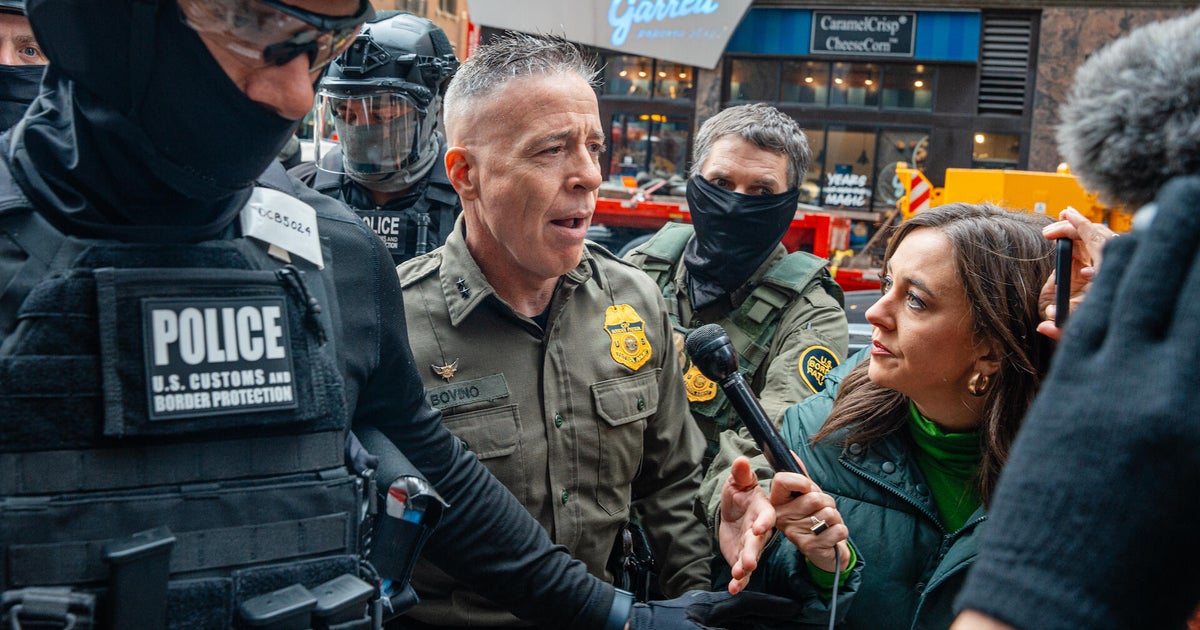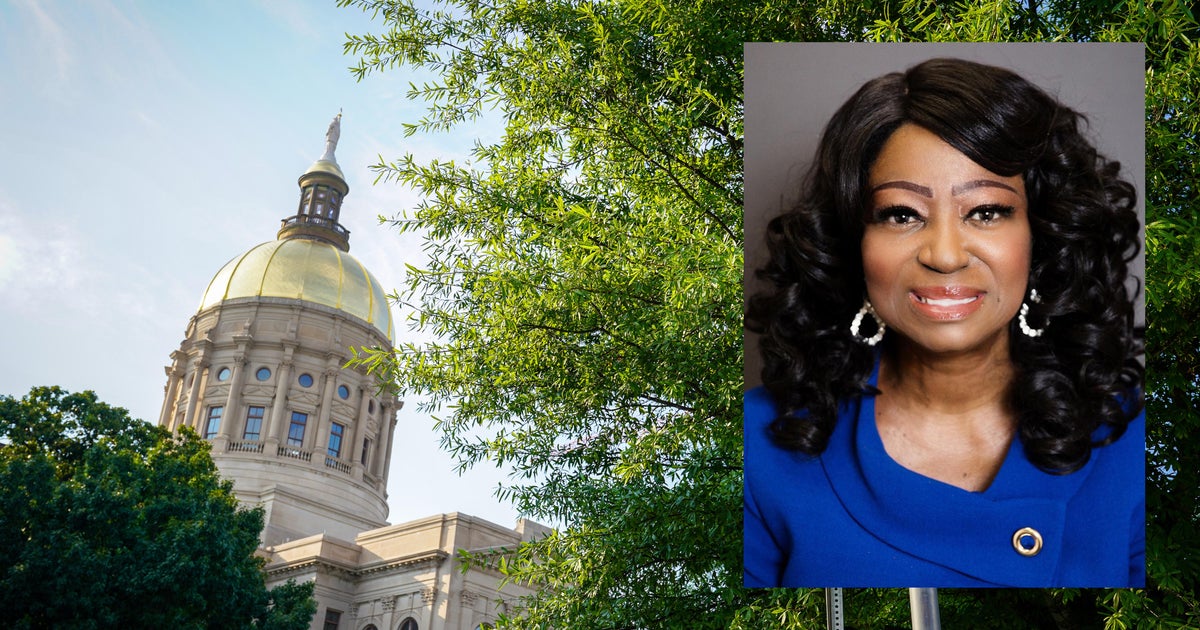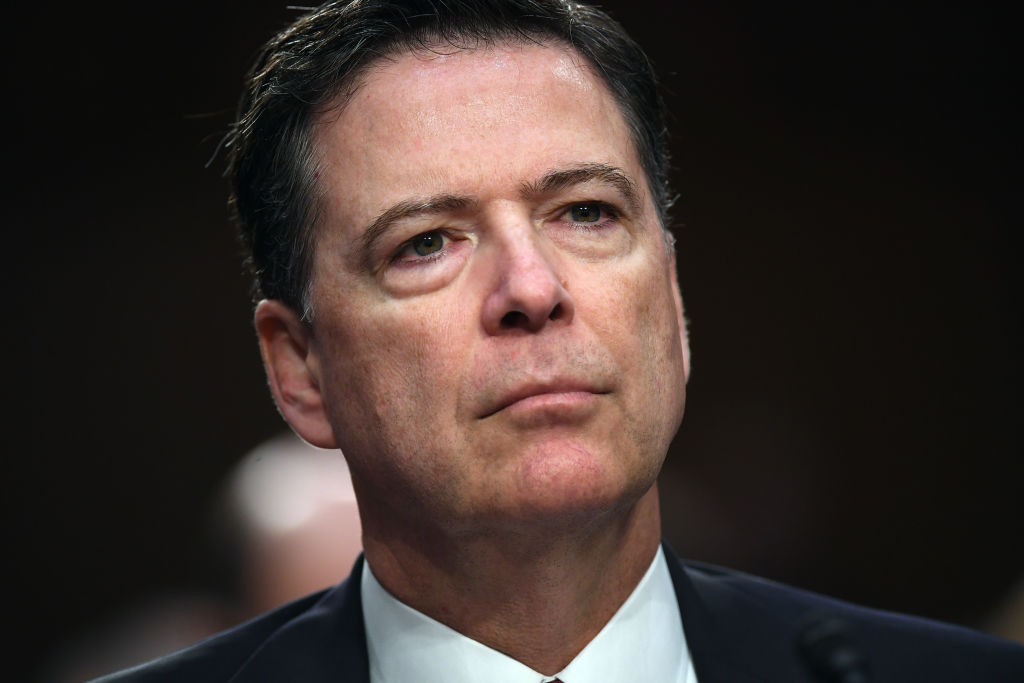Hunter Biden files motion to dismiss indictment on gun charges
Lawyers for Hunter Biden filed motions in federal court Monday to dismiss federal firearms charges filed against him in Delaware, arguing the charges are "unprecedented, unconstitutional" and violated a diversion agreement set in July.
In one of the several court filings, Hunter Biden's legal counsel claimed that the diversion agreement, which required him to refrain from drug and alcohol use and prohibited the purchase and possession of a firearm, among other conditions in exchange for the government's agreement not to prosecute, is legally binding and still valid. The government maintains that this agreement, along with a plea deal related to tax charges, collapsed in July.
Biden was indicted in September on three felony counts related to his purchase of a firearm in October 2018 while he was a drug user, according to court filings. Prosecutors said he unlawfully possessed a Colt Cobra .38 Special revolver for 11 days.
The failed plea agreement encompassed misdemeanor tax charges and the diversion agreement. Special counsel David Weiss, who is also the Trump-appointed U.S. attorney for Delaware, secured a nine-count federal indictment last week related to Biden's alleged failure to file and pay taxes in California from 2016 through 2019.
In an attached declaration, Biden's former attorney, Chris Clark, who led negotiations of the failed plea deal, described a series of exchanges about the writing of the agreement. Clark said he endeavored to preserve language that protected an immunity provision, and prosecutors had indicated to him that prosecutors were not pursuing other charges beyond the case before them.
Biden's attorneys also say the case has been politicized, arguing that it has deteriorated into a "selective and vindictive prosecution." They also say the plea agreement elicited a "sharp rebuke" from former President Trump and his allies when it was first made public. They asserted that Weiss, who has been investigating Hunter Biden since the Trump administration and was appointed special counsel by Attorney General Garland to expand his investigation, "buckled under political pressure to bring more severe charges."
In their legal filings, attorneys for Biden also argued that Weiss was unlawfully appointed.
"Not only did the Attorney General disregard the regulation requiring appointment of a Special Counsel from outside of the government; the Attorney General did not even select a Special Counsel from outside his own agency," they argue.
And the Justice Department is violating the Appropriations Clause, Biden's attorneys also say, because funding for Weiss' special counsel probe was not approved by Congress. Instead, the Justice Department is footing the bill by using funds from an account for independent counsels.
"Nothing changed since Mr. Weiss had agreed to the appropriate resolution of the case, except that the law on restricting the possession of handguns became even harder to prosecute and the pressure from his right-wing base to bring more serious charges grew louder and louder," they wrote, pointing to statements made by Trump over the years calling for an investigation, and efforts by Congressional Republicans to do just that.
A spokesperson for Delaware U.S. attorney Davis Weiss declined to comment.
Hunter Biden's lawyers are leaning heavily on a Second Amendment argument that has been favored by his father's political opponents, citing the Supreme Court's 2022 decision in New York State Rifle & Pistol Association v. Bruen. That case led to a new legal test laid out by Justice Clarence Thomas, which requires judges to weigh whether state and federal gun laws are "consistent with the nation's historical tradition of firearm regulation."
Biden's counsel also argues that the statute federal prosecutors used to charge Biden with the unlawful possession of a firearm as a drug user was unconstitutional because they cannot prove that he was using drugs at the moment of the transaction to buy the gun. The court filing references an August decision by the Fifth Circuit Court of Appeals in United States v. Daniels, which stated that a sober individual at the time of purchase cannot be denied gun ownership based on past drug usage.
"Daniels appropriately recognized that the framers were well aware of the problems caused by intoxication, but there is no historical precedent for prohibiting gun ownership by persons who had any history of ingesting intoxicating substances," Biden's attorneys argued. "Rather, the problems associated with intoxication were addressed by prohibiting conduct while intoxicated."
The investigation into Hunter Biden, led by special counsel David Weiss, spanned five years, beginning during the Trump administration and carrying over into the Biden administration.
Republican-led congressional committees probing Hunter Biden's personal finances and his foreign business dealings have centered mostly on whether senior officials in the Biden administration took steps to impede criminal probes into the president's son, and whether President Biden himself benefited from any foreign business brokered by his brother, James Biden, or by Hunter Biden.
The Republican-led House Committee on Oversight and Accountability has subpoenaed Hunter Biden to be deposed in a closed-door interview Wednesday and is expected to bring its resolution to formalize its impeachment inquiry of President Biden before the full House for a vote on the same day. The GOP-led congressional committees have yet to produce evidence of any wrongdoing by President Biden, and House Democrats have largely dismissed the inquiry as a "sham."





